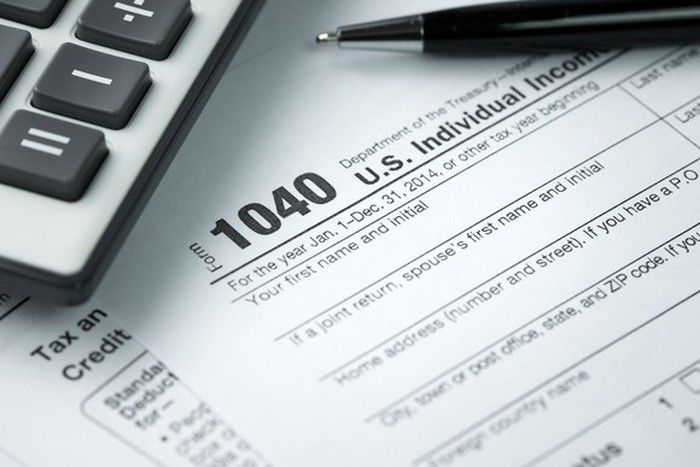
Tax season is a time many Americans look forward to. While no one likes doing the paperwork associated with income taxes, many filers are excited to get a big check from the IRS. And receiving a refund check is extremely common. In fact, at least three-quarters of tax returns submitted in recent years resulted in refunds being sent out.
Getting a big chunk of money back may seem great, but in reality it’s a big mistake and one you should correct by adjusting your filing status for the next tax year.
Why is getting a refund a problem? Let’s find out.
Why getting a tax refund is a big mistake
When you receive a tax refund, you aren’t getting free money — you’re getting your own money back. You essentially gave the IRS an interest-free loan for all the money you overpaid. And in doing so, you deprived yourself of the opportunity to use that money for better things.
While you might argue the money comes back to you and that overpaying taxes is a form of forced savings, the problem is, you’ve missed out by not having the money. You’ve missed out because:
- You may need the money and not be able to access it: Living paycheck to paycheck is common among American households, many of whom lack an emergency fund. If you’ve sent in extra money to the IRS, it won’t be available if you need it throughout the year. You may have to incur debt, which would cost you in interest, until you can get your money back. It’s better to pay an appropriate amount to the IRS and set aside extra cash you’d have sent in to build at least a small emergency fund.
- You may pay more in interest on debt: Many Americans who receive a tax refund use the funds to pay down debt. But, you’ve paid interest on your debt over the entire year while giving the IRS extra money. Say you owed $4,000 on a credit card charging 17% interest and were making payments of around $80 monthly on the card while overpaying the IRS by $230 per month. At the end of 12 months, you’d still owe $3697.12 on your card. If you used your $2,760 refund from the IRS toward the debt, you’d be left with $937.12 to repay. But if you’d redirected the $230 you were loaning to the IRS and paid $310 monthly to your card, you’d only owe $711.58. You’d be $225.54 better off.
- You’ll miss out on earning interest: Even if you don’t have any debt, loaning money to the IRS is a bad deal because you miss out on a chance to put the money to work. If you invested $230 monthly at a 7% return, at the end of one year, you’d have $2,850. If you’d given the money to the IRS, you’d have received only $2,760 back, so you’d have missed the chance for your money to earn you $90.
- You won’t really get back as much as you paid in: Technically, you get every dollar back that you overpaid on taxes. But your dollars are constantly losing value thanks to inflation. The $230 that you give the IRS in January won’t have as much purchasing power when you get it back in tax season. It will likely be worth around $6 to $7 less, depending upon the inflation rate and when your refund comes. Avoid this loss in purchasing power by keeping your money and using it today rather than waiting a long time for the IRS to give it back to you.
Don’t miss out by giving too much to the IRS
You don’t want to be among the majority of Americans who miss out on using their money because they’ve overpaid the IRS. It’s too late for tax year 2018, but you can change your withholding going forward so you don’t pay in more than you need to. Then make it a point to put the cash you save to good use by immediately investing it in a savings account for an emergency fund, using it to pay down debt, or otherwise putting it toward your financial goals. You’re better at spending your money than the IRS, so keep it in your pocket starting now.




























